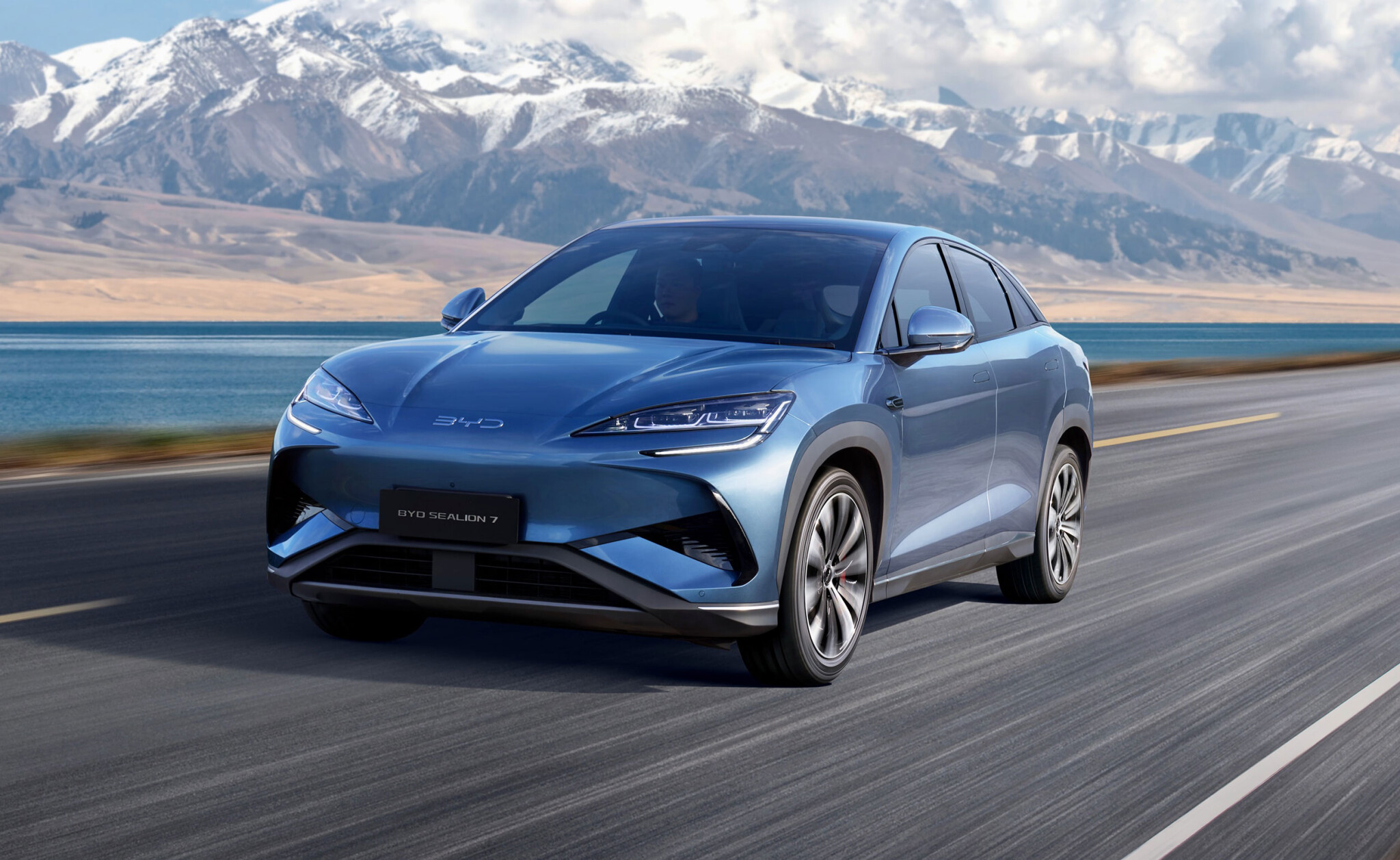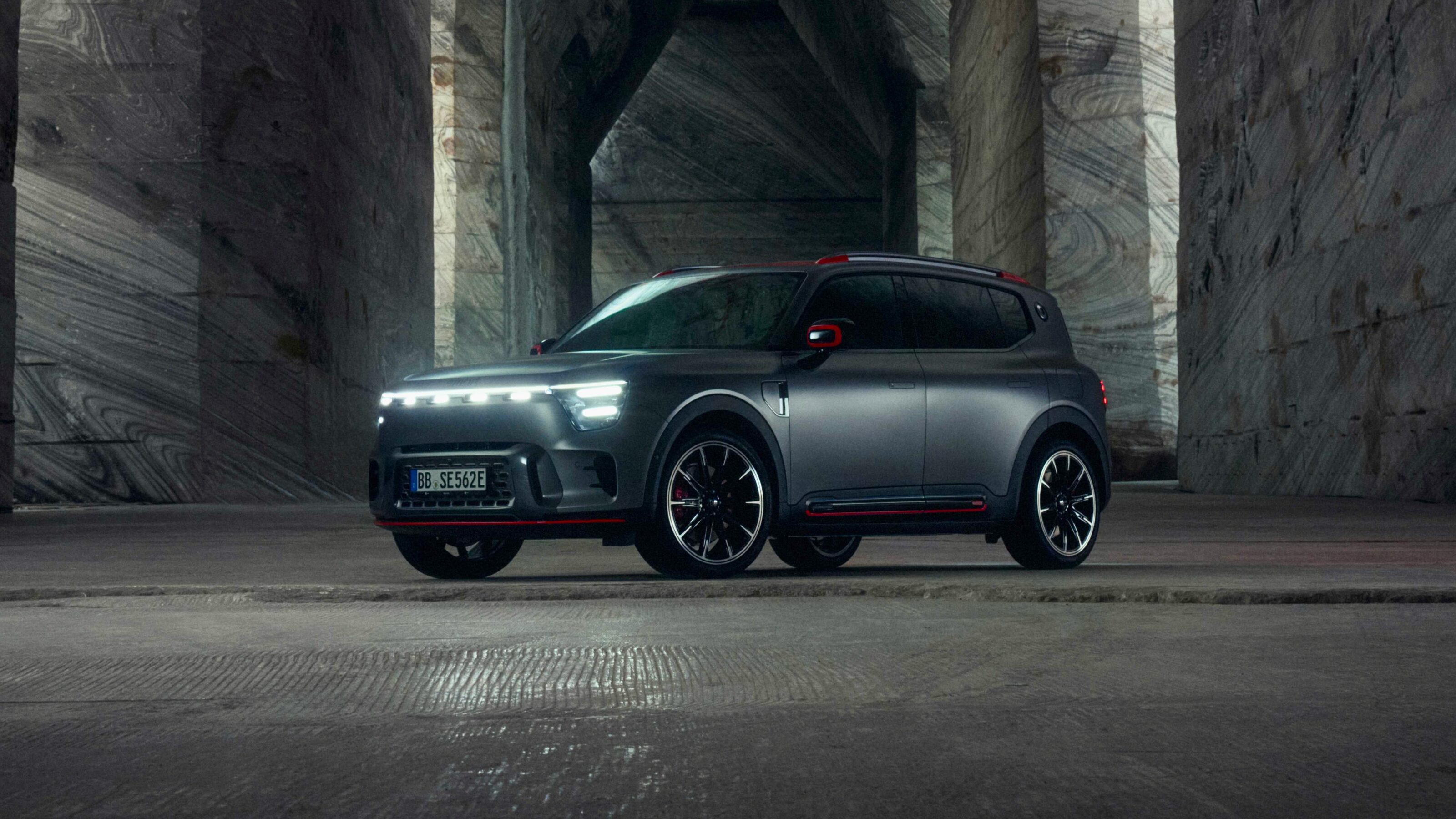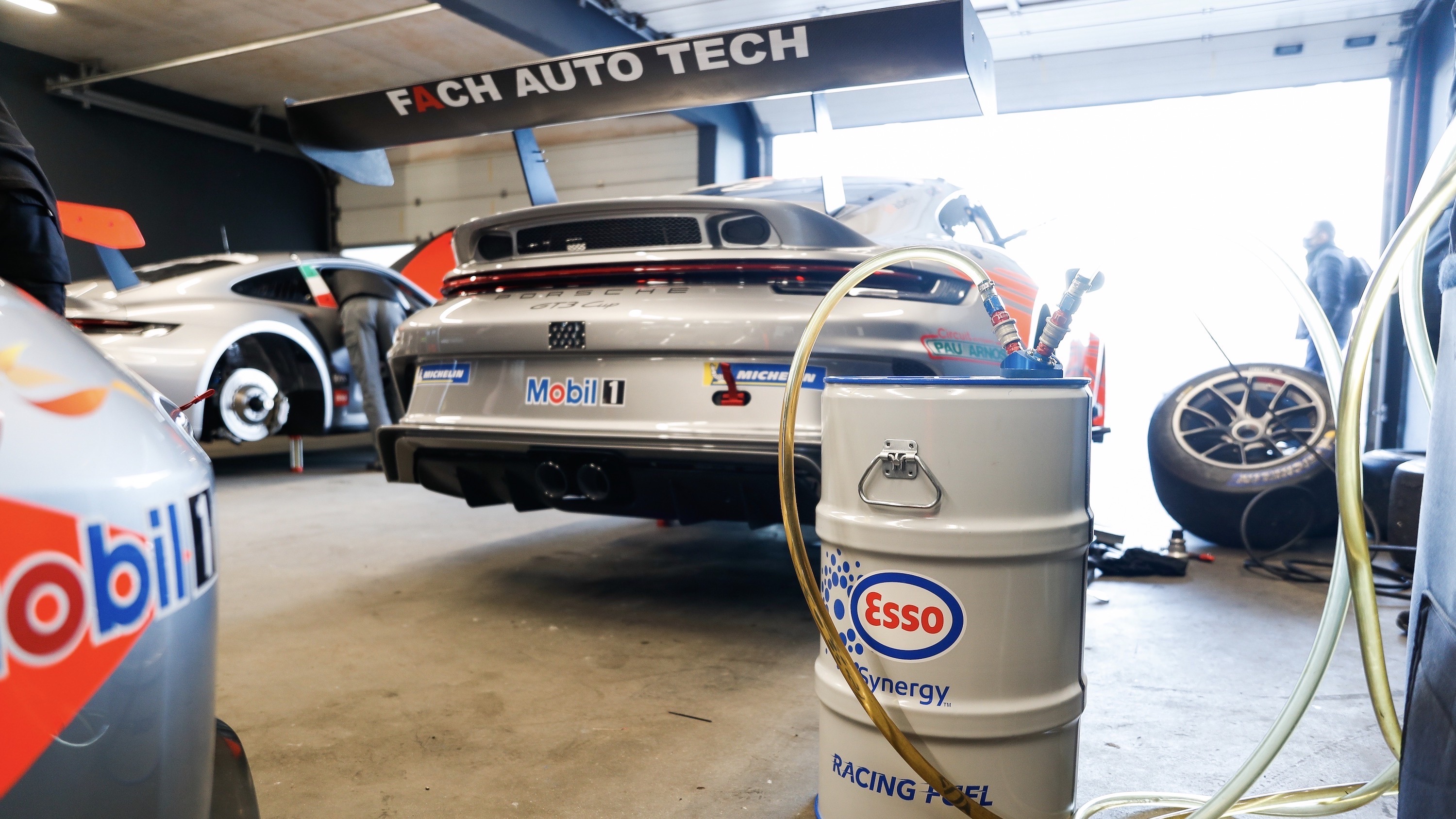
Snapshot
- European Union finalises plans to ban internal combustion engines by 2035
- Low-volume manufacturers granted partial exemption
- Ban on fossil fuels won’t affect renewable and zero-emission alternatives
The European Union’s ongoing campaign to ban the sale of internal combustion engines by 2035 has been finalised, with petrol and diesel cars to be phased out across the continent by the middle of the next decade.
New internal combustion engines will be banned throughout Europe by 2035, although the EU’s plan recently met resistence, including earlier this week when five countries proposed a delay for the ban by five years.
While the Italian Government initially spearheaded that particular campaign, it has now given up on its demands, instead backing Germany’s proposal for carbon-neutral alternatives to fossil fuels to be used in ICEs after 2035, according to Automotive News Europe.
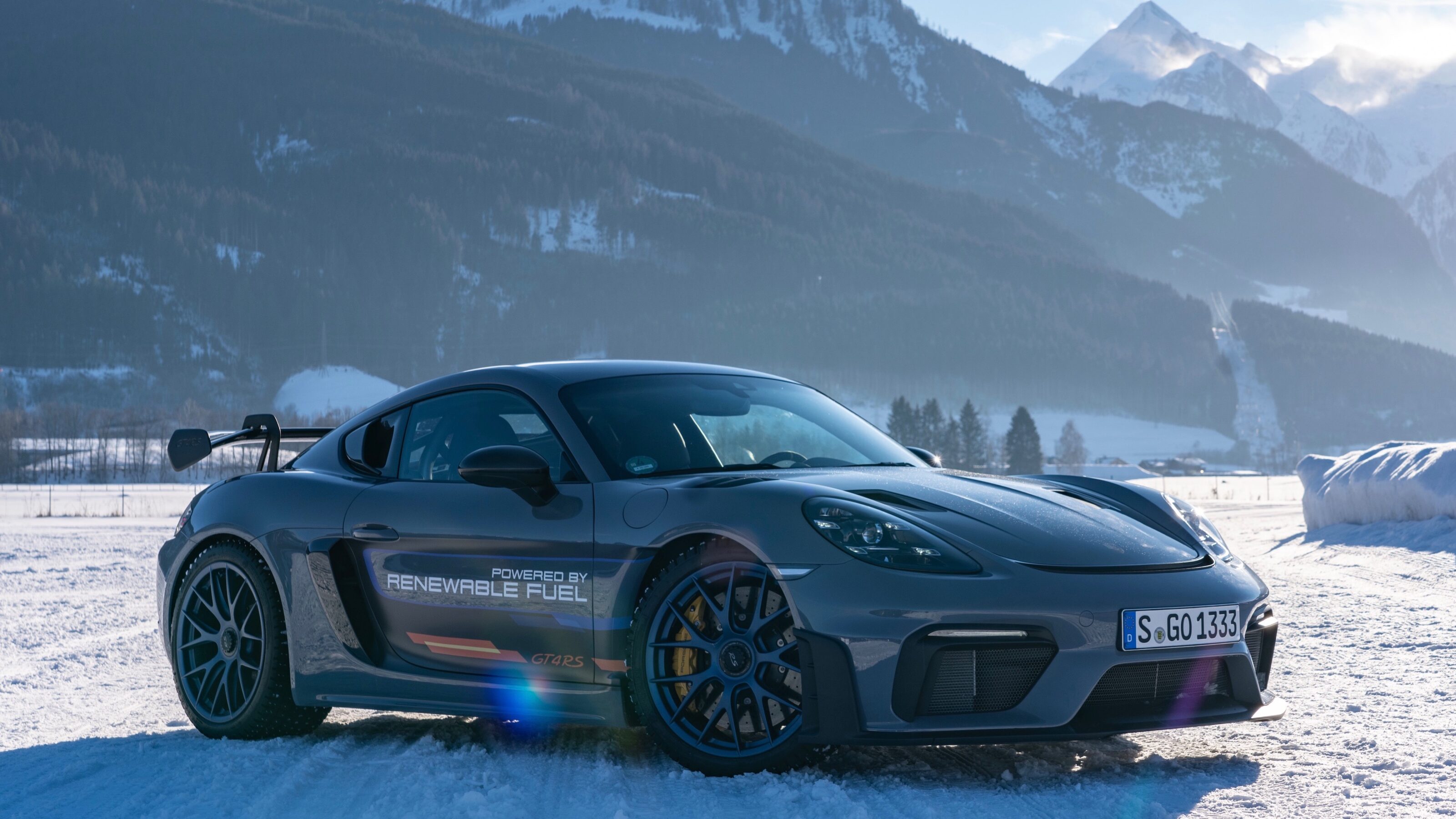
Their campaigning has ultimately led to major concessions for the automotive industry, which will allow the combustion engine to stay alive.
By 2030, all new cars will need to reduce their emissions by 55 per cent, while commercial van emissions will be cut by 50 per cent, and a 100 per cent reduction is set to be enforced by 2035.
In the net-zero by 2050 road-map, low-volume manufacturers with less than 10,000 annual registrations will be able to skirt around the total emissions reduction from 2035, having to only stick to the 55 per cent reduction enforced five years earlier.
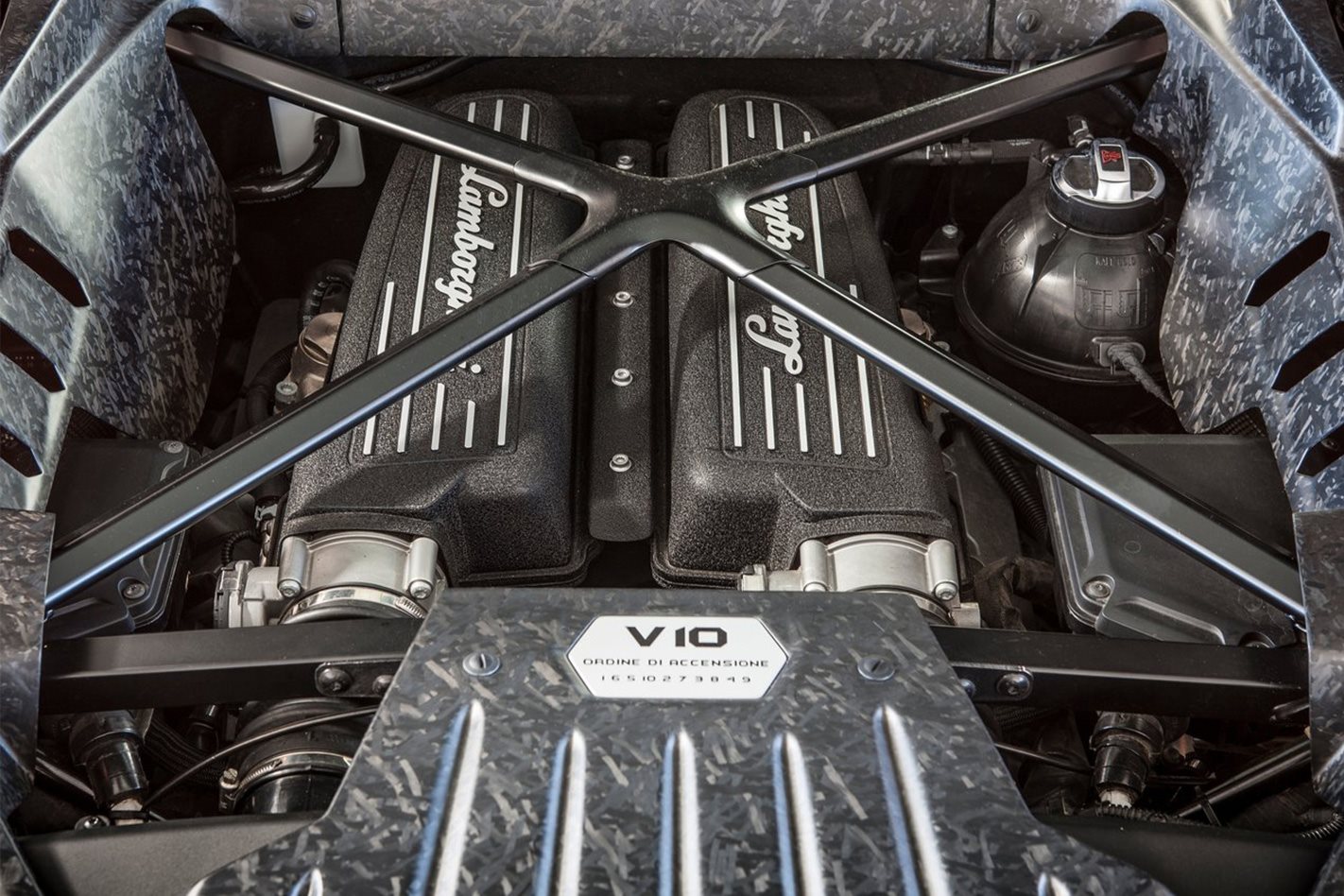
It’s understood carbon-neutral fuels – which are created from the recapturing and recycling of CO2 into hydrocarbon – could also extend the life of ICEs, with EU member nations calling for synthetic and e-fuel powered vehicles to also be exempt from the ban.
German manufacturer Porsche is investing heavily in e-fuels, throwing nearly $100 million at the development and research of its zero-emission fossil fuel substitute, ultimately planning to save ICEs and continue to offer traditional engines alongside electric vehicles.
A conglomerate of Japanese manufacturers including Toyota, Subaru and Mazda are currently developing ICEs which can run on hydrogen rather than fossil fuels, differing from hydrogen fuel-cell vehicles which operate in similar ways to an EV.
Whether or not the EU decides to allow e-fuels as an alternative to ensure the longevity of ICEs remains to be seen, as a majority of mainstream manufacturers around the world are throwing their weight behind EVs in preparation of the 2035 cut-off.
We recommend
-
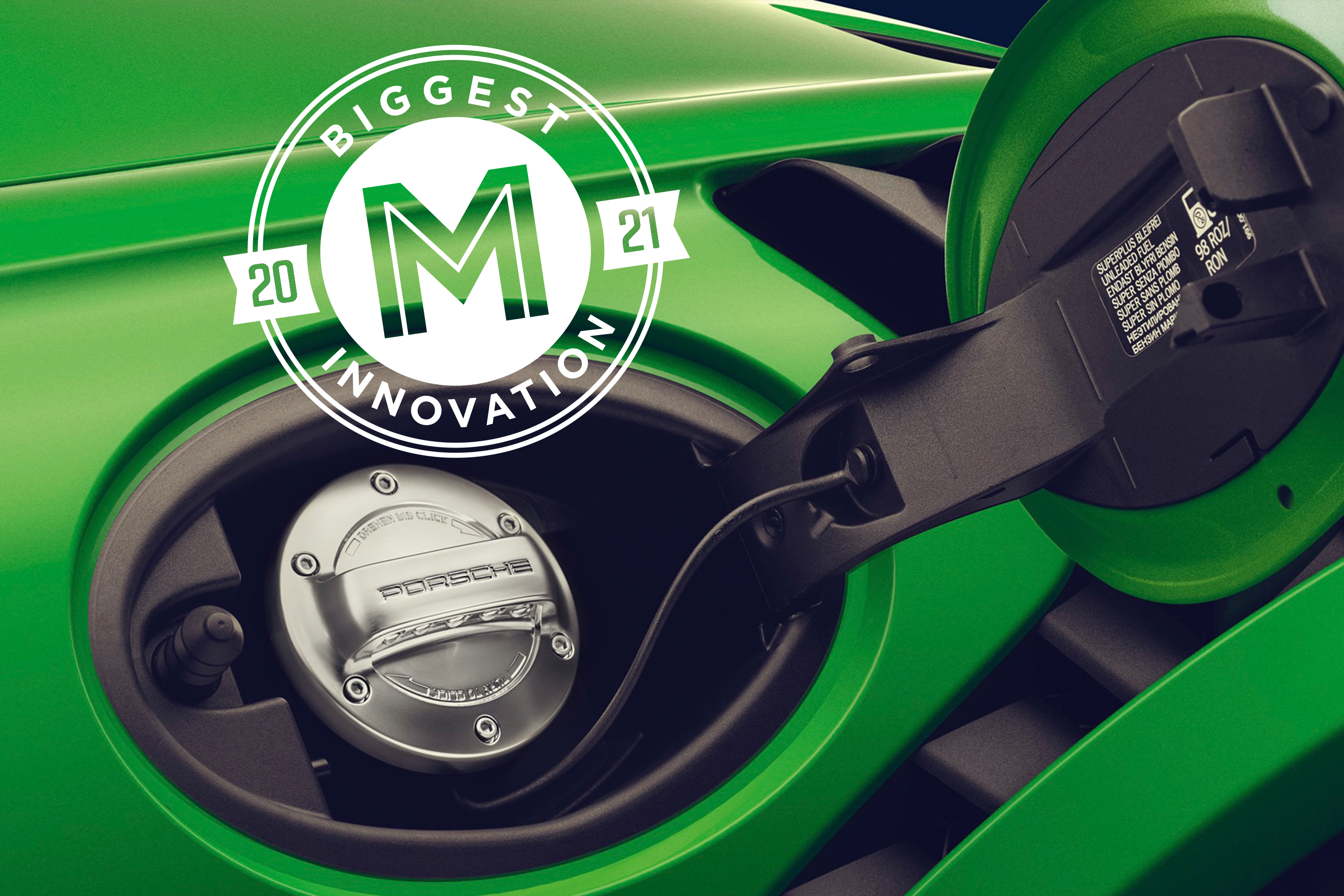 Features
FeaturesThe MOTOR Awards 2021: Biggest Innovation
Our choice for the biggest innovation of 2021 is…
-
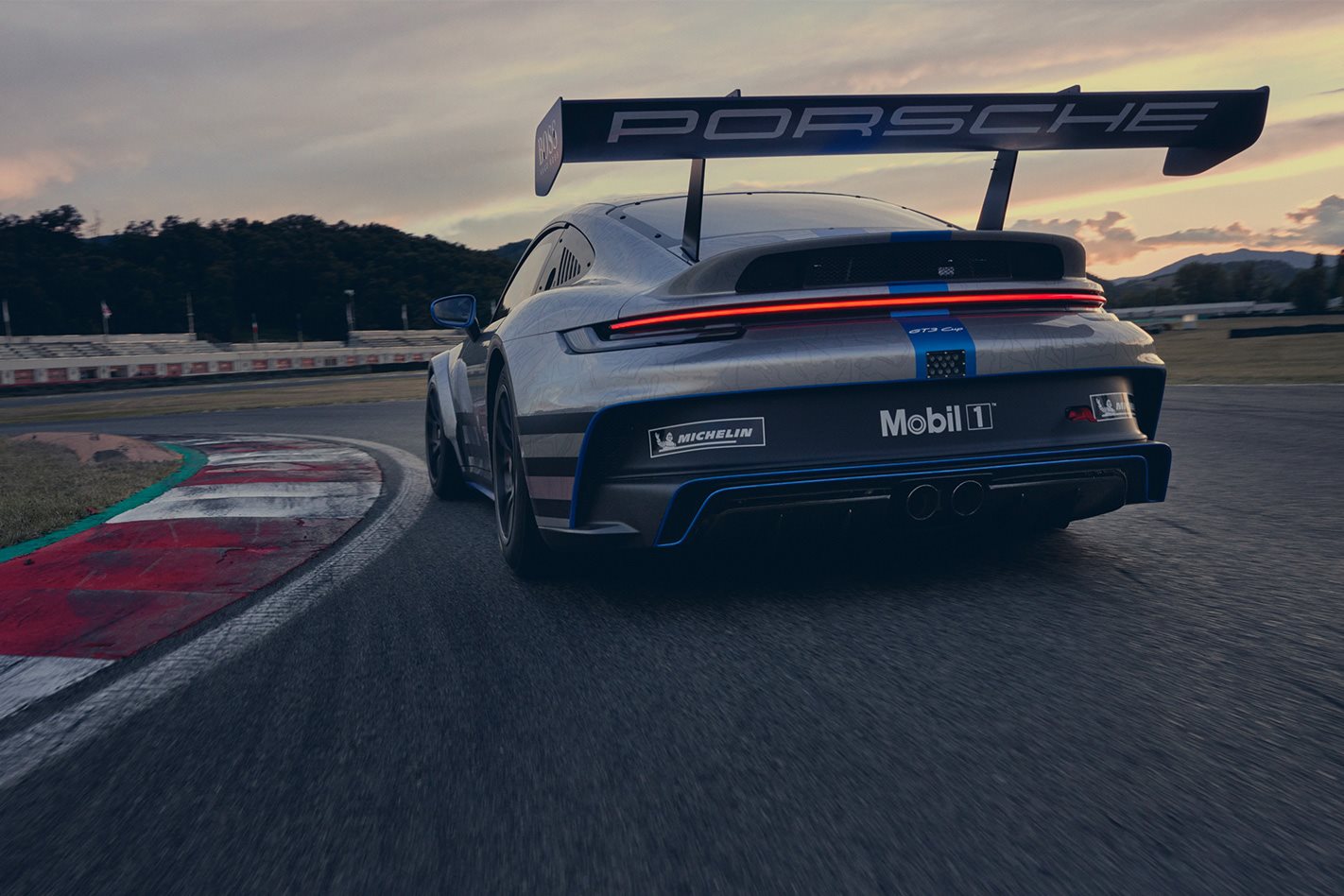 Features
FeaturesHow synthetic fuel could save internal combustion in the electric future
Does the future of the combustion engine reside with chemists creating this ground-breaking new technology? Porsche seems to think so...
-
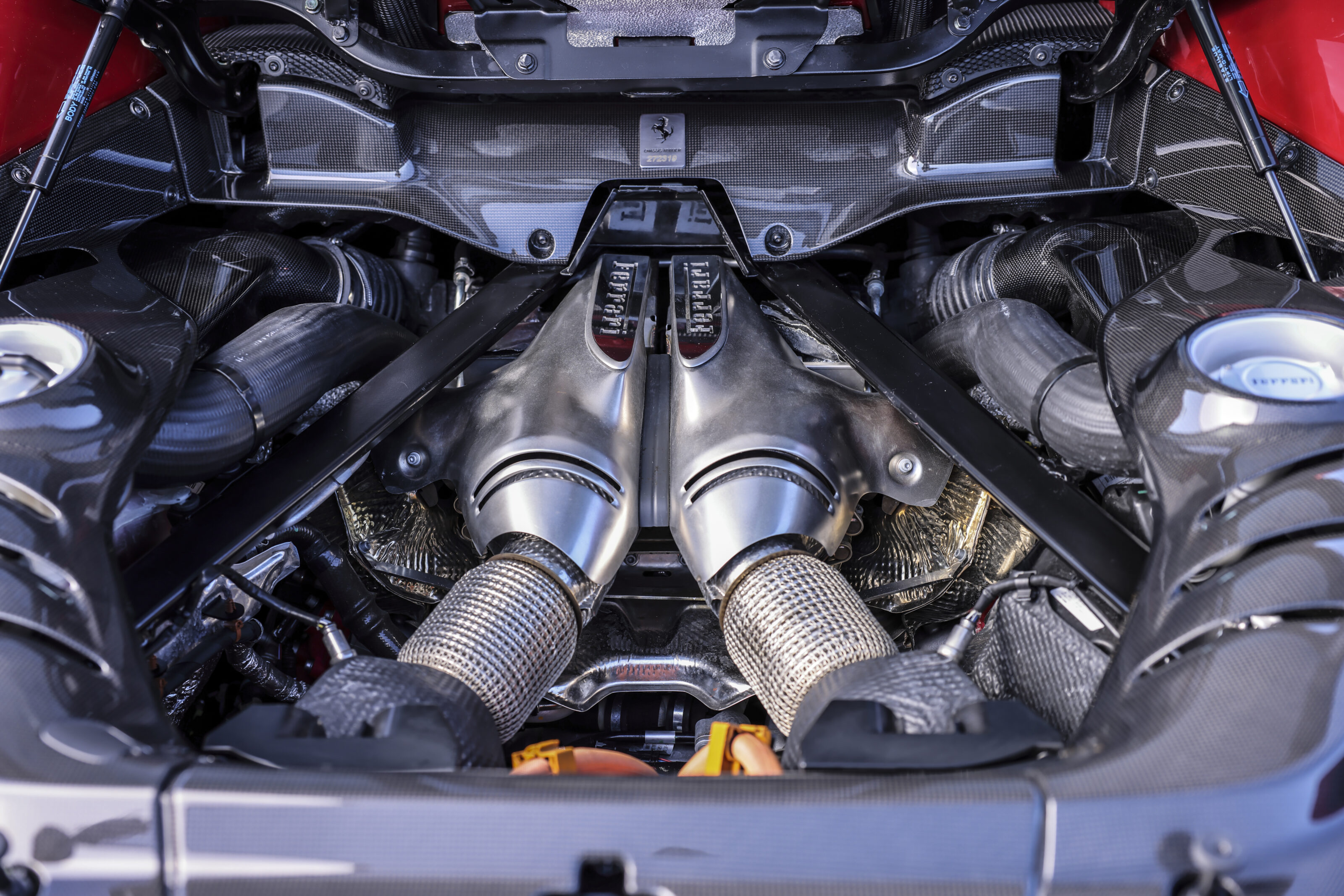 News
News2035 European Union combustion engine ban meets resistance
An unlikely alliance of five countries will try to delay or weaken the proposed ICE ban



